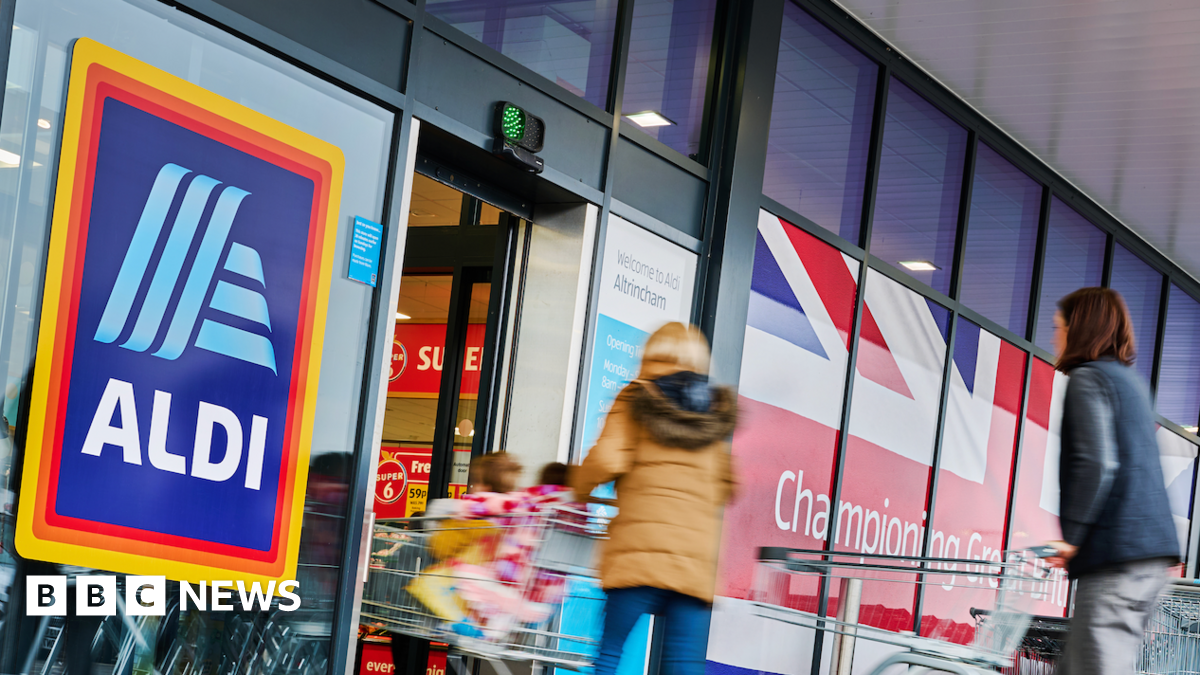Mr Hurley said so far this year, more than £300m had gone into trying to offset the rising cost of goods and keep prices as low as possible.
Even so, supermarket prices for many staple products have rocketed this year.
Take a 500g pack of lean beef mince. According to retail expert Ged Futter, it’s gone from £3.79 at several large supermarkets at the start of the year to more than £5 at all the main chains now.
“Cattle prices are up 30% this year and herd sizes are dropping and that is playing into the price of mince”, the Aldi boss told the BBC, walking around one of the company’s new stores in Sutton Coldfield.
Global factors have had a major impact on food inflation everywhere, including rising commodity prices, said Mr Hurley.
But he also believes some domestic policy decisions have “perhaps inadvertently” created a more “stubborn inflation situation” here in the UK “probably more so than in other developed countries.”
UK food inflation increased to 4.9% in July. According to Eurostat figures, it was 3.9% in the EU.
The Bank of England has said the new levy on retailers to reduce packaging waste could drive food prices higher this autumn.
In its latest outlook, the Food and Drink Federation (FDF) reckons food inflation could reach 5.7% by the end of December and still be running at 3.1% by the end of 2026.
It said prices have now stabilised or declined for some key commodities like cocoa, coffee and olive oil.
The FDF said the main driver of UK food inflation now is the impact of the rise in the minimum wage and higher National Insurance Contributions for employers. It estimated the new packaging rules will add an estimated £1.1bn in costs for food and drink businesses from next month.

